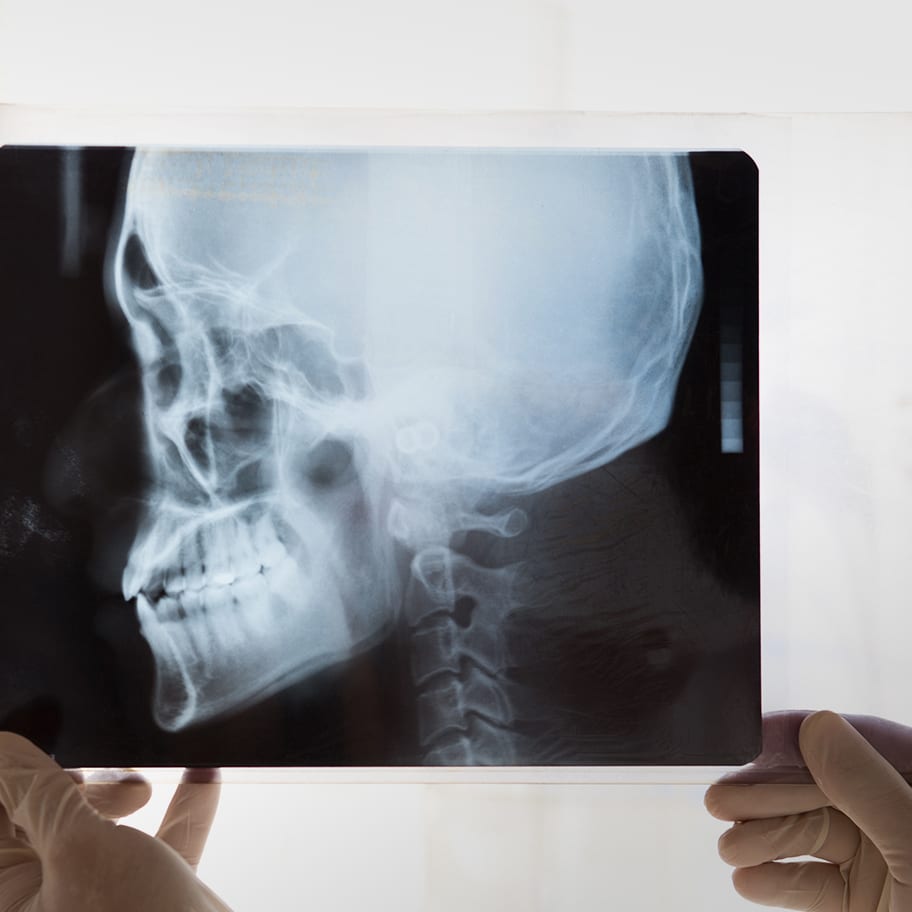What are the Common Types of Back and Neck Injury Claims?
When a person suffers an injury it is crucially important to seek medical attention immediately. If the injury goes untreated it is likely to deteriorate and cause further damage. If the injury was sustained through no fault of your own another party may be held liable.
Back Injuries
Slipped Disc
A slipped disc injury occurs in the lower back and happens due to excessive bending and lifting. The initial pain is likely to be sudden and severe which can be in certain circumstances be worsened by general actions such as sitting and coughing.
Sacroiliac Joint Dysfunction
This injury relates to severe pain at the back of the pelvis, the lower back can also suffer. Aching at the base of the spine and locking of the joints are common symptoms.
Spondylolysis
Spondylolysis is a stress fracture of the lower back and is caused due to repeated arching and twisting of the back.
Neck Injuries
Muscle Strain
A neck strain is an injury to the muscles that attach to and move the upper part of the spine. Some of the few symptoms include muscle spasm and reduced flexibility. One of the most common causes for this injury is an individual working in an office who uses their shoulder to rest the telephone on. This form of injury can be life-lasting in some cases. To avoid muscle strain, it is advisable to ask your employer to invest in a hands-free headsets.
Whiplash
Whiplash is an injury which is suffered due to the hyperextension of the neck and head. Symptoms of whiplash can include numbness, severe pain and disturbed sleep patterns. The most common cause of whiplash injuries is as a result of car accidents.
What are the Causes of Back and Neck Injury Claims?
In the Workplace
A workplace that is not properly maintained or does not have adequate safety measures in place may present a risk of accident to the employees. Back and neck injuries usually occur in the workplace because of a slip, trip or fall because of:
Other causes of these injuries may be due to repetitive strain for those who work with repetitive movements daily, for example, warehouse, construction and assembly line workers.
In such cases, liability may rest on the employer if it is proven that they did not provide a hazard free working environment.
In Public Places
In public places, whether it be shops, supermarkets, business premises, public parks, playgrounds or simply walking along a footpath, there is an expectation that the area would be relatively risk and danger free. In cases where the owner/occupier of a public place or business premises failed to uphold their duty of care and not provide a risk-free environment and you can prove that your neck or back injury could have been avoided if the occupier had taken necessary steps to provide a hazard free environment, then you may be entitled to pursue legal action.
Most common of accidents involving neck or back injury in public places have been:
- Slip and fall on a wet floor in a shop/supermarket
- Trip and fall over uneven flooring
- Fall in a stair well because of broken or inadequate handrails
- Trip and fall because of inadequate lighting
- Slip and fall on wet floor/broken glass in a pub or nightclub
- Tripping on a pot hole or poorly maintained footpath
- Accidents in playgrounds and public parks
On the Road
On the road, there are many scenarios whereby a person could suffer a back or neck injury because of another person’s actions/inactions. In these cases where you can prove that your injury could have been avoided if the other party had not acted negligently, you may be entitled to pursue legal action. Some examples of road traffic accidents involving neck or back injury have been:

